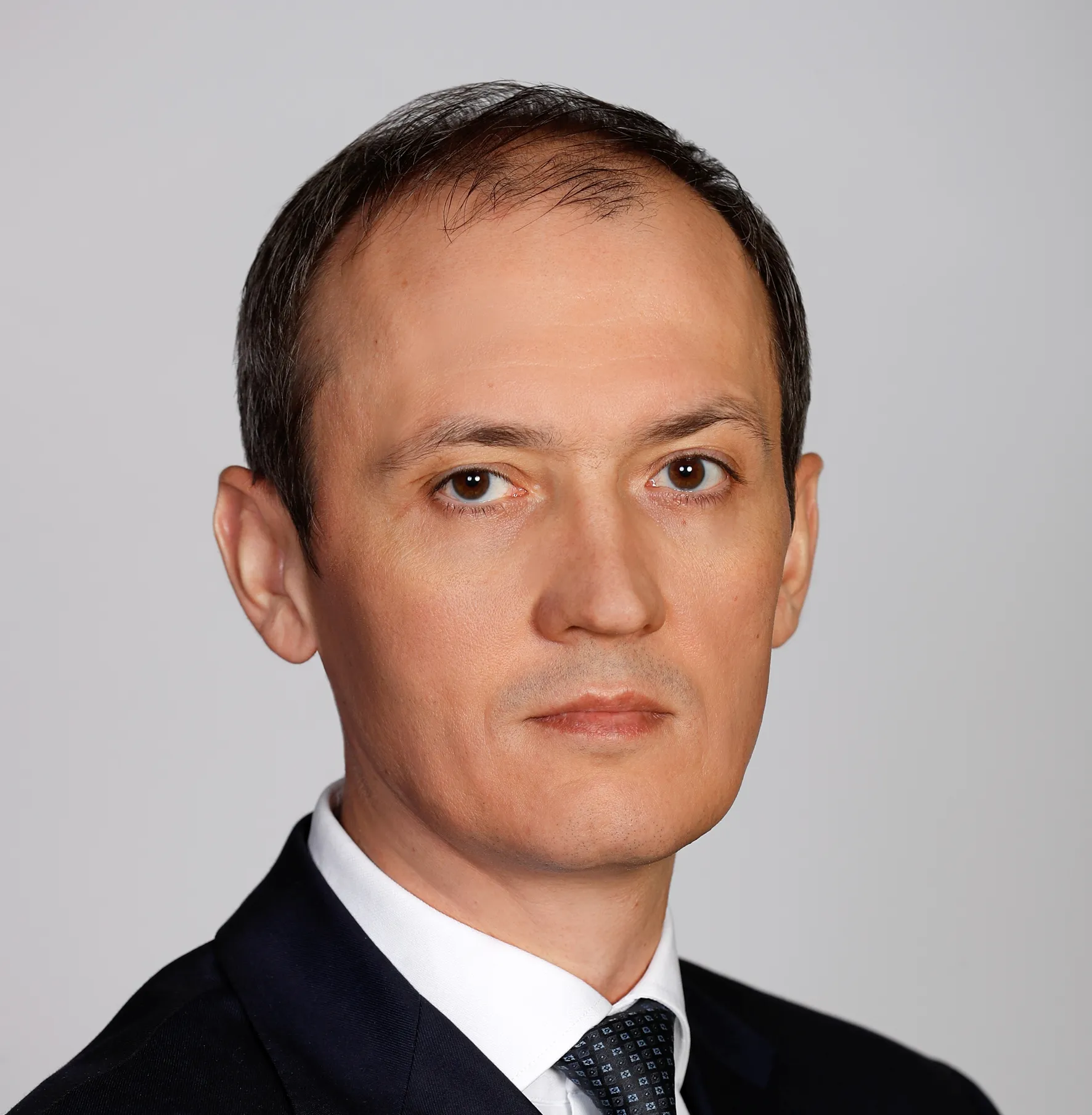Rosatom Advances Digital Sovereignty with Large-Scale Migration to Russian Software

Rosatom has migrated over 133,000 workplaces in the nuclear industry to Russian-developed software, reinforcing national control over critical digital infrastructure.
Industrial Competence Centers Program
In July 2025, Rosatom announced the completion of a major project to transition more than 133,000 workplaces across 150 organizations in the nuclear sector to domestically developed software. The initiative was part of the Industrial Competence Centers (ICC) program, aimed at creating Russian IT solutions for key economic sectors.
The integrated suite of software and technical tools includes operating systems, office applications, web browsers, and antivirus solutions—designed to replace foreign products such as Microsoft Windows and Office. The rollout covered enterprises including PO Mayak and TVEL JSC, automating workflows and managing critical infrastructure data.

The migration has enhanced operational efficiency, improved information security, and reduced dependence on foreign vendors. For Russia, the program represents a strengthening of technological sovereignty; for the global market, it showcases the country’s ability to produce robust IT solutions for high-tech industries.
This deployment is part of the ICC’s first wave, which delivered 66 IT products now used by more than 500 companies across sectors including retail, aviation, and healthcare.
Securing a Strategic Industry
The nuclear sector is strategic for Russia, ensuring energy security and generating significant export revenues. Reliance on foreign software posed risks, particularly amid international sanctions. The switch to Russian software directly addresses these vulnerabilities.
The program aligns with Russia’s broader digitalization strategy, which seeks to develop the domestic IT sector and create high-value jobs. The new system automates key processes such as document management, access control, and equipment monitoring. It also integrates seamlessly with Rosatom’s existing digital infrastructure, ensuring resilient operations under the unique demands of nuclear environments.

Adaptable for Nuclear Plant Management
The project has substantial export potential. BRICS nations such as India and China, as well as Rosatom partners like Egypt (El Dabaa) and Turkey (Akkuyu), are showing strong interest in secure and reliable IT infrastructure for nuclear power operations.
Russian-developed software can be tailored for nuclear facility management and other science-intensive applications, which could strengthen Russia’s global position in the nuclear supply chain. Domestically, the technology is applicable across energy, engineering, and defense industries, providing employment opportunities for IT professionals. By 2027, the second wave of the ICC initiative—comprising 49 additional projects—is expected to be completed, expanding the technology’s reach.

Strategic Milestone
Rosatom began its digital strategy in 2018, starting with migration to domestic software under the ICC framework. The first wave of projects was launched in 2020, with core implementations completed by 2023. The second wave commenced in 2024, backed by 3.2 billion rubles in government grants.
Transitioning 133,000 workplaces to Russian IT products marks a strategic achievement for Russia’s digital sovereignty. It signals the maturity and competitiveness of homegrown IT solutions. By 2027, the second wave of projects will be finalized, and by 2030, these technologies are expected to scale across other industries and expand into BRICS markets—solidifying Russia’s role as a leader in nuclear digitalization.










































